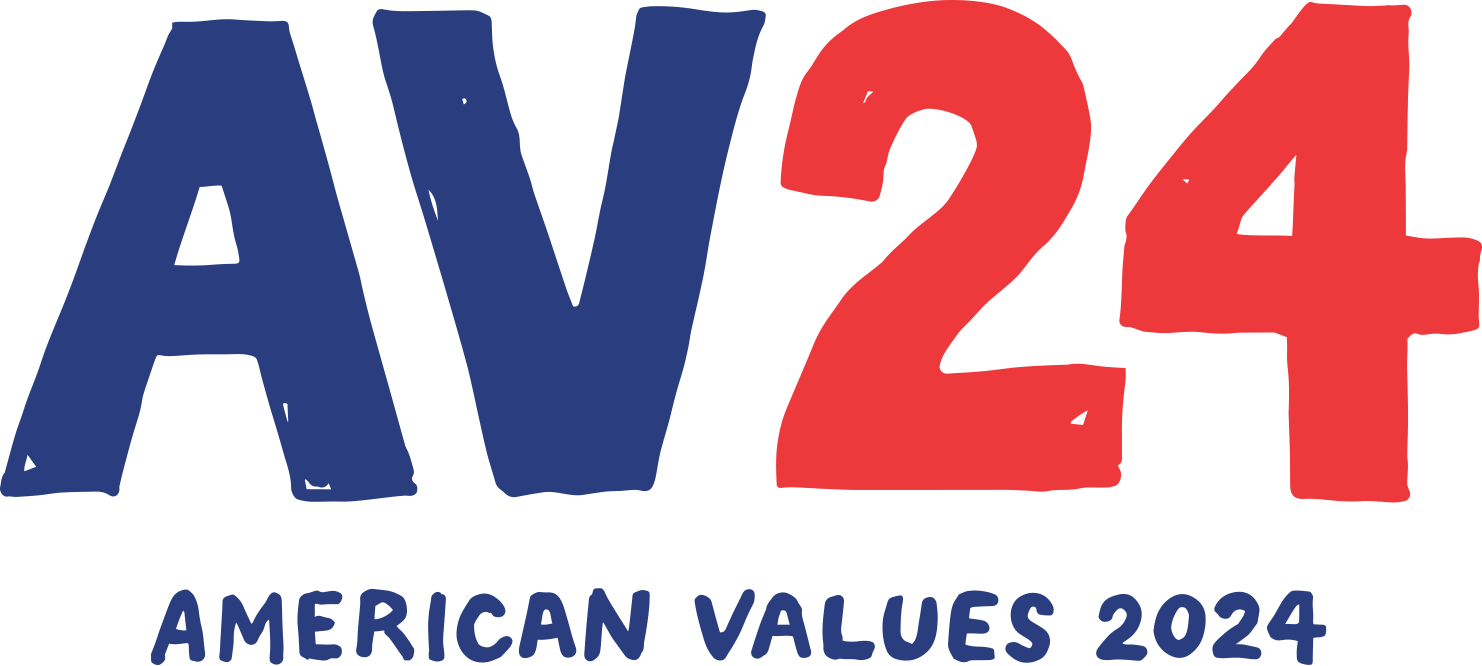How a President RFK Jr. Would Help Gen-Z Buy Their First Homes
American Values 2024 | May 25, 2024
By Miles MacClure, Special to The Kennedy Beacon
Chris, 26, recently purchased a home in Lafayette, Indiana with down payment assistance provided by his parents. On the older end of those referred to as Gen-Z, Chris says he wouldn’t have been able to afford a house without their help.
For Chris’s generation, as CNBC
Respondents to a survey conducted by The New York Times in 2023 reported spending over 70% of their monthly income on rent. In 2012, the average rent was 22.85% of the household income, according to iProperty Management. Just ten years later, the average renter was paying at least 45% of their income, and for female wage earners that number was 49%.
Fox Business on May 9 reports that Gen Z is also racking up more credit card debt and delinquencies than Millennials: “TransUnion [credit reporting agency] said the high prices and high credit card balances are contributing to Gen Z consumers holding higher balances on other credit products, including auto loans, which are up 14% for that generation compared to inflation-adjusted numbers from 10 years prior.”
Gen-Z has more education debt, too, according to the Federal Reserve Bank of St. Louis. This generation has hit the bad luck economy trifecta straight out of the gate.
Meanwhile, stagnant wages and the rising cost of necessities like groceries, gas, and utilities, due to inflation, are making saving for a down payment impossible.
“Two years ago, the average price of a house in this country was $215,000, today it’s $400,000,” Robert F. Kennedy Jr. said on X (formerly Twitter), “Why did the price of housing go up? Well, one, because of inflation. We spent $8 trillion on wars and $16 trillion on COVID….”
If inflation and national debt both remain high, Gen-Zers will continue to be squeezed out of the home ownership market and become a generation of renters, unable to accumulate savings or build capital via homeownership. During Biden’s administration, the rate of inflation has risen to its highest since 1980, as reported by the Wall Street Journal.
Democrats continue to claim the low unemployment rate means the economy is doing well, but the low unemployment rate doesn’t mean much if that paycheck doesn’t go far.
Options are getting harder to come by. And if a decent standard of living can’t be found in the US, living abroad may become more attractive.
A viral TikTok video details one Gen-Zer’s frustrations with the American economy. Having recently spent a year living and working in Australia, he broke down a comparison of weekly expenses in Australia versus his home in Ohio. In Australia he spent about $365 per week and in Ohio he spends about $565 per week, while having to work more hours for less pay.
Kennedy’s Plan Compared to Biden’s and Trump’s
Kennedy’s plan is to cap mortgages for first-time homebuyers at 3%, making buying instead of renting more affordable for the working class. This plan will keep monthly payments low without shifting any burden to taxpayers by creating treasury-backed mortgage bonds.
Today, a $300,000 home in Chicago at a 7.2% interest rate would ultimately cost the homeowner $684,000. Kennedy’s plan would save an astounding $224,640 by the end of the mortgage term.
President Biden’s plan offers a meager, one-time $10,000 tax cut to first time homebuyers, and proposes $25,000 in down payment assistance to first-generation homebuyers. And it isn’t clear where this money would come from.
President Trump doesn’t appear to have any policies for first time homebuyers. During Trump’s term, the US Department of Housing and Urban Development (HUD) was a corrupt disaster led by Ben Carson, the retired neurosurgeon with zero public policy experience, according to the New Republic.
And neither Biden nor Trump are willing to address the growing problem of private equity and asset management firms. Since early in his campaign, Kennedy has been sounding the alarm on how firms such as Blackrock, Vanguard and State Street operate. “They can outbid you and they can outbid your children,” said Kennedy. “Our families are not competing against these companies, which are trying to buy every single family home.”
As reported by CNBC, by 2030, at least 40% of the housing in the US will be owned by a handful of companies, right around the same time people on the younger end of Gen-Z should be starting families and trying to buy a home.
Miles MacClure is a writer and artist based in Chicago. He was previously Teaching Fellow in Visual Arts at the University of Chicago.

